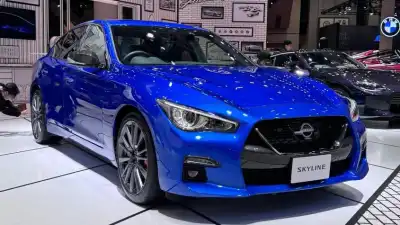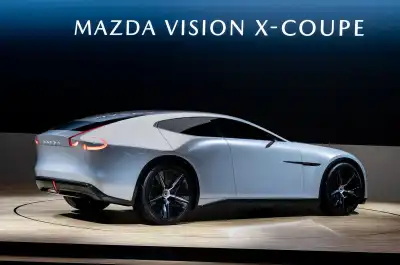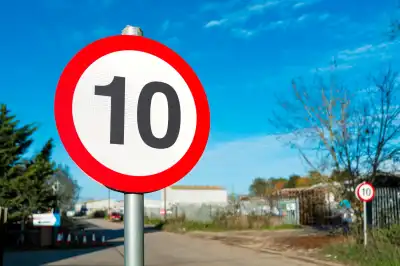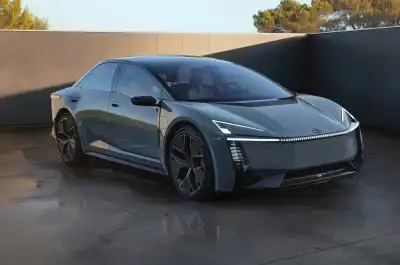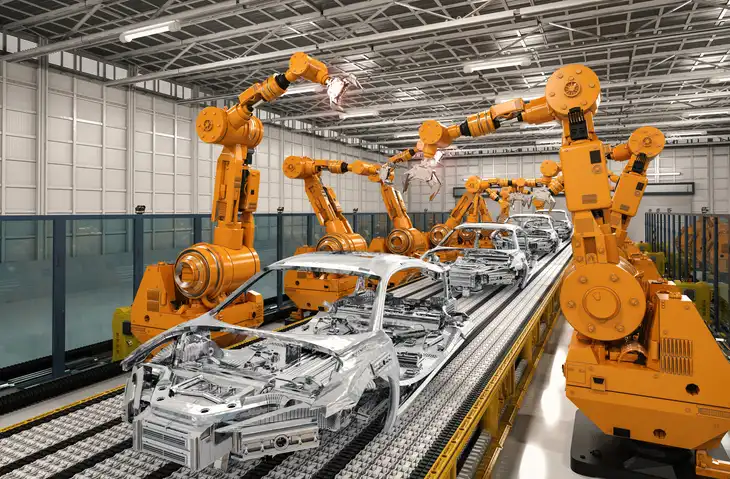
The number of new cars and vans made in the UK during the first half of this year has dropped to the lowest level since 1953 (if you don’t count the Covid lockdowns). Production fell 11.3% compared to last year, with 385,800 vehicles built from January to June, down from 416,000 in the same period last year.
The Society of Motor Manufacturers and Traders (SMMT) says the main reasons for the drop include uncertainty about export tariffs to the US, one of the UK’s biggest markets for cars, and some big changes in production plans. For example, Jaguar stopped making cars last November as it prepares to go fully electric in 2026. Mini is moving some production to China, and Nissan is gearing up to build two new electric models, including the latest Leaf.
Van production took an even bigger hit, plunging by 45%, mainly because Stellantis closed its Vauxhall factory in Luton in March.
SMMT boss Mike Hawes called these numbers “depressing” but hopeful they mark the low point for the industry. Ministers agree the stats are “very concerning.”
There’s some good news though: a new US-UK trade deal that started at the end of June could boost production in the second half of the year. The SMMT says this wasn’t reflected in the first half’s figures since the deal only came into effect in July.
Around 77% of UK-made cars are exported, over half go to the EU, while nearly 16% head to the US.
The government recently brought back subsidies for some electric vehicles (EVs), and Labour has announced its own electric car grant for battery-powered cars under £37,000. The SMMT says this could give the industry a nice boost but warns the scheme is still unclear and wasn’t developed with much input from manufacturers.
Business Secretary Jonathan Reynolds expressed worry about the sector, calling it the “jewel in the crown” of UK manufacturing but pointing to pressure from US trade policies and rising competition from China.
Looking closer at June’s numbers, van production crashed by 77% compared to last year, with only 2,689 vans built, while car production actually rose slightly by 6.6% to about 66,300 vehicles, likely helped by the new US trade deal.
Still, the SMMT isn’t expecting vehicle production to get back above one million units a year by 2030, and the government’s target of 1.3 million vehicles by 2035 “is quite some ambition,” according to Hawes.
On a brighter note, electric and hybrid car production increased by 1.8%, now making up more than 40% of all UK-made vehicles, a record.
Transport Secretary Heidi Alexander hopes the return of EV grants up to £3,750 will push sales, but there’s still confusion about which models qualify. Manufacturers have to apply for the scheme, and it looks like many Chinese and Korean cars won’t make the cut. No full list of eligible cars has been released yet, but it’s expected around mid-August.
Some Chinese brands like MG and Great Wall have already started offering their own discounts, signalling they probably won’t qualify for the government grant.
A Transport Department spokesperson said they expect “dozens of models” will qualify, which should save drivers thousands and give the industry a big boost.

